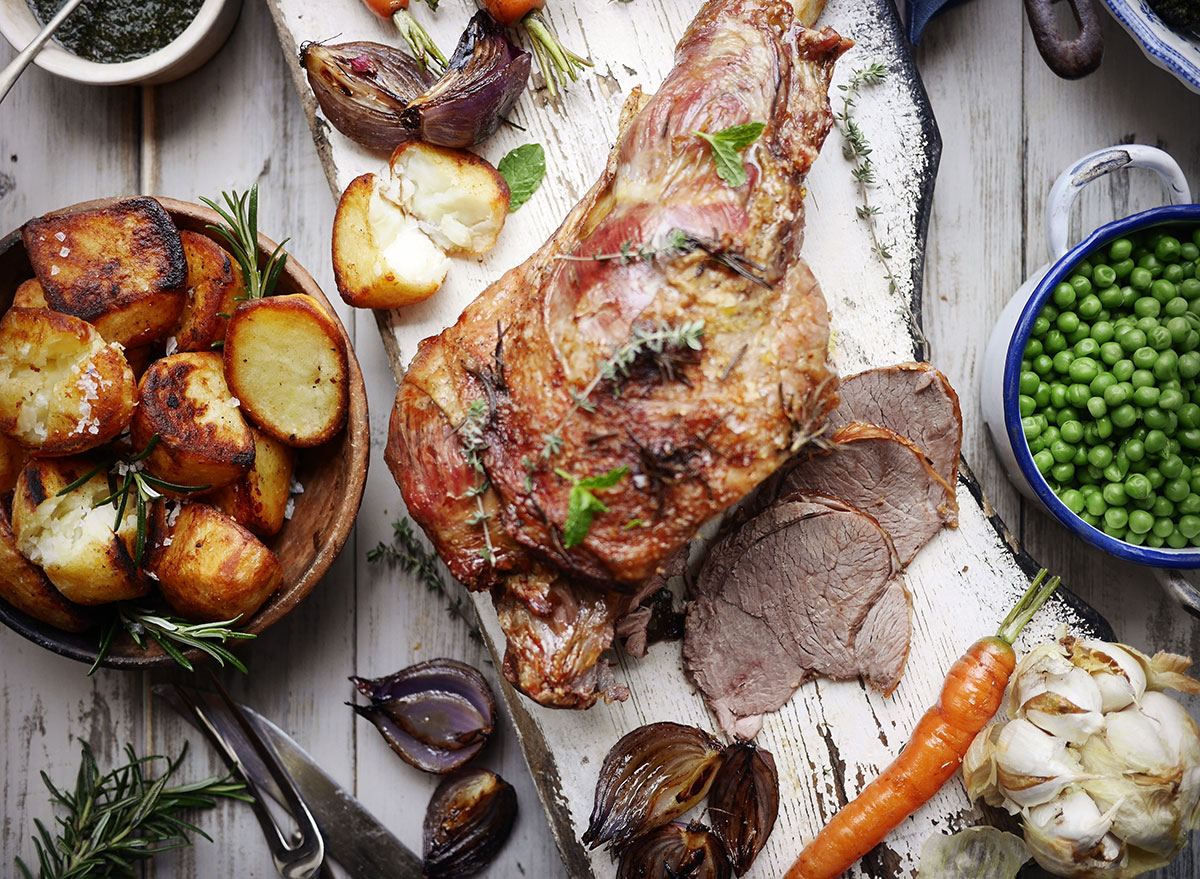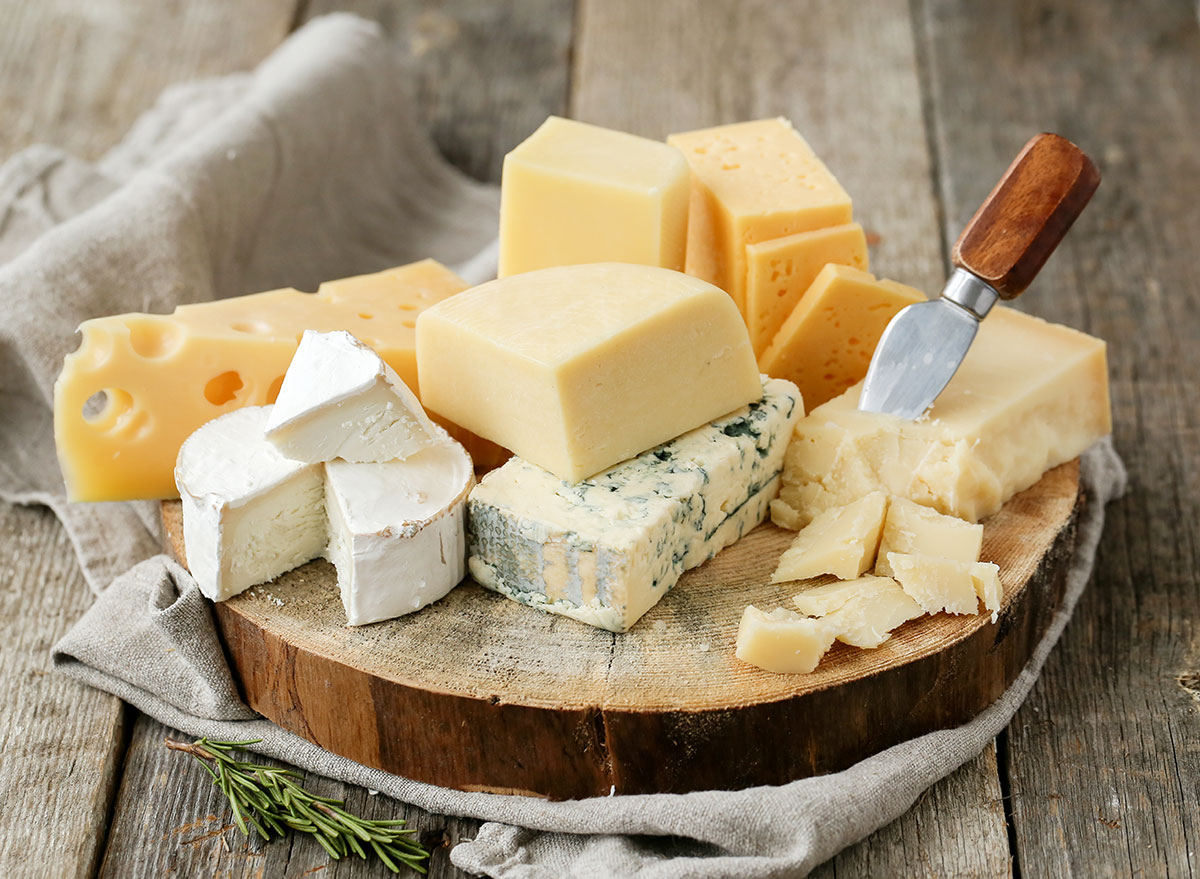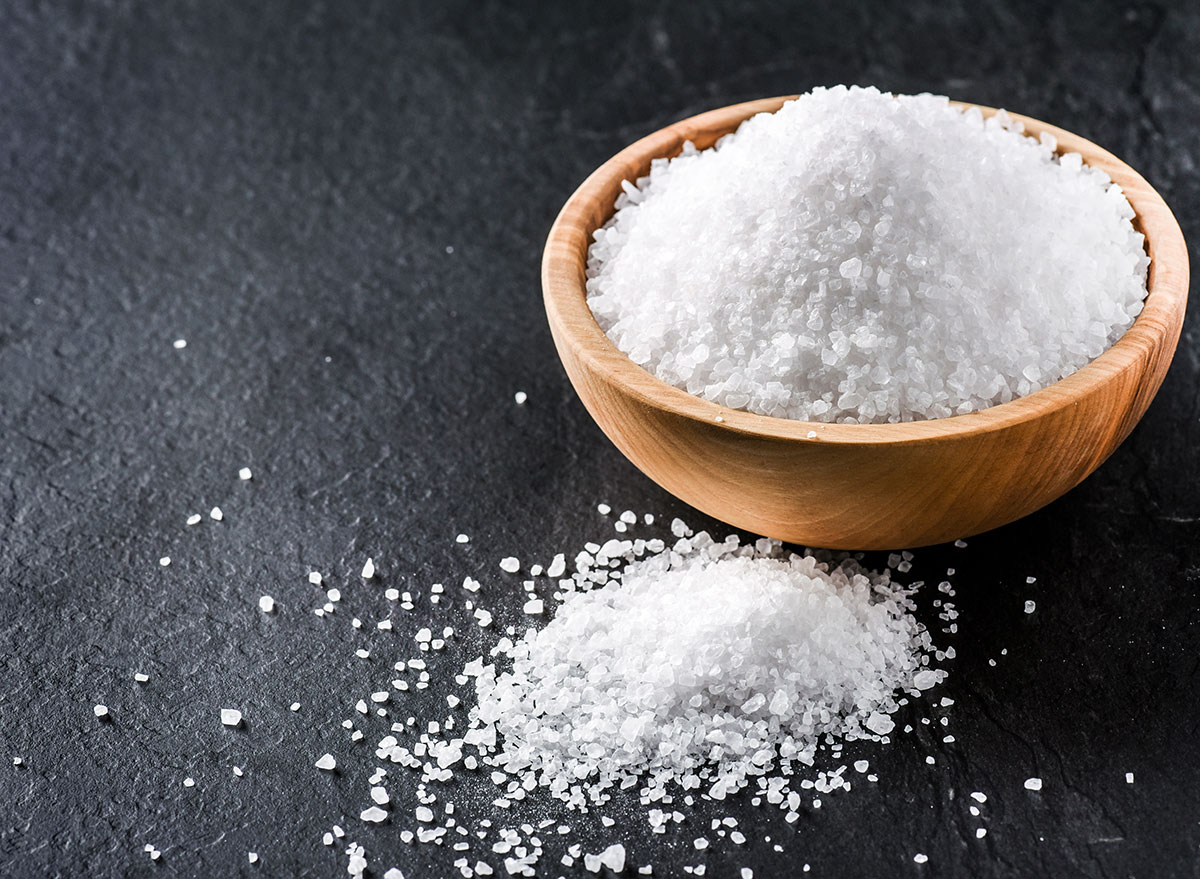One Major Side Effect of Drinking Red Wine, Says New Study

It's well-known that drinking wine in moderation may have several science-backed health benefits. As Kelli McGrane, MS, RD, a registered dietitian for the food-tracking app Lose It! explained to us, moderate wine consumption is associated with a reduced risk of heart disease and stroke, is known to help protect against diabetes, and may help increase your body's level of heart-healthy omega-3 fatty acids. One study published in the journal BMC Medicine even found that people who drink between two and seven glasses of wine per week were less likely to suffer from depression.
But, according to a study conducted by researchers at Iowa State University and published in December in the Journal of Alzheimer's Disease, there's yet another positive side effect to drinking wine—well, red wine, specifically—and consider it an added bonus that you can pair it with cheese and still reap the health benefits. The study, which drew on data of nearly 2,000 adults from the UK Biobank, found that drinking red wine and eating cheese was associated with greater cognitive acuity "in our later years."
"I was pleasantly surprised that our results suggest that responsibly eating cheese and drinking red wine daily are not just good for helping us cope with our current COVID-19 pandemic, but perhaps also dealing with an increasingly complex world that never seems to slow down," said Auriel Willette, an assistant professor in Food Science and Human Nutrition at Iowa State. "While we took into account whether this was just due to what well-off people eat and drink, randomized clinical trials are needed to determine if making easy changes in our diet could help our brains in significant ways."
For the study, participants completed multiple "Fluid Intelligence Tests (FIT)," which, according to the researchers, "provide an in-time snapshot of an individual's ability to 'think on the fly,'" and also reported their food-and-alcohol consumption. The diet questionnaire specifically asked them about their daily intake of "fresh fruit, dried fruit, raw vegetables and salad, cooked vegetables, oily fish, lean fish, processed meat, poultry, beef, lamb, pork, cheese, bread, cereal, tea and coffee, beer and cider, red wine, white wine and champaign and liquor," said the study.
Read on for the "four most significant findings" that the researchers discovered in this study. And for some clear reasons why you shouldn't overdo it in the wine department, make sure you read up on the Ugly Effects of Drinking Wine You Don't Even Know About, According to Experts.
Of all meats, lamb stands out as a brain booster.

"Weekly consumption of lamb, but not other red meats, was shown to improve long-term cognitive prowess," write the Iowa State researchers.
Eating cheese is a great cognitive booster.

"Cheese, by far, was shown to be the most protective food against age-related cognitive problems, even late into life," write the researchers.
Red wine is, too.

"The daily consumption of alcohol, particularly red wine, was related to improvements in cognitive function."
But not too much salt.

"Excessive consumption of salt is bad, but only individuals already at risk for Alzheimer's Disease may need to watch their intake to avoid cognitive problems over time." And for some more science you can use starting now, don't miss The #1 Danger Sign You're Drinking Too Much Soda, According to Experts.








